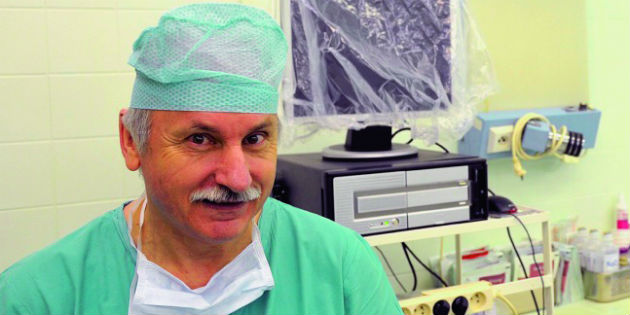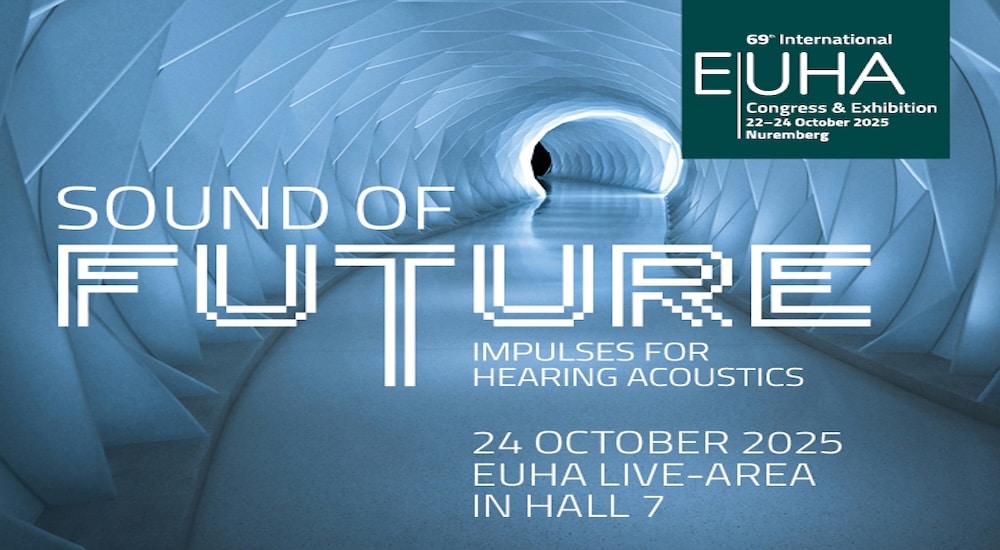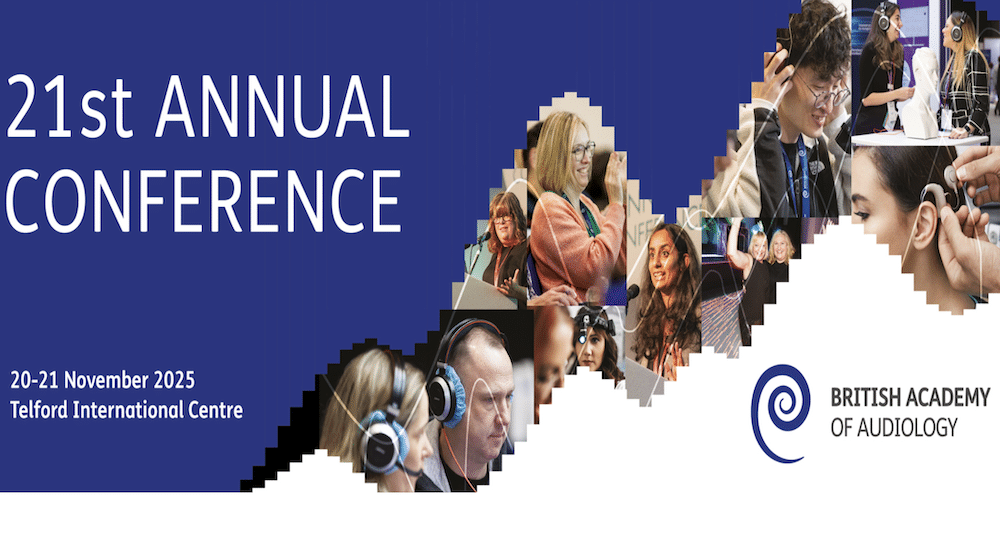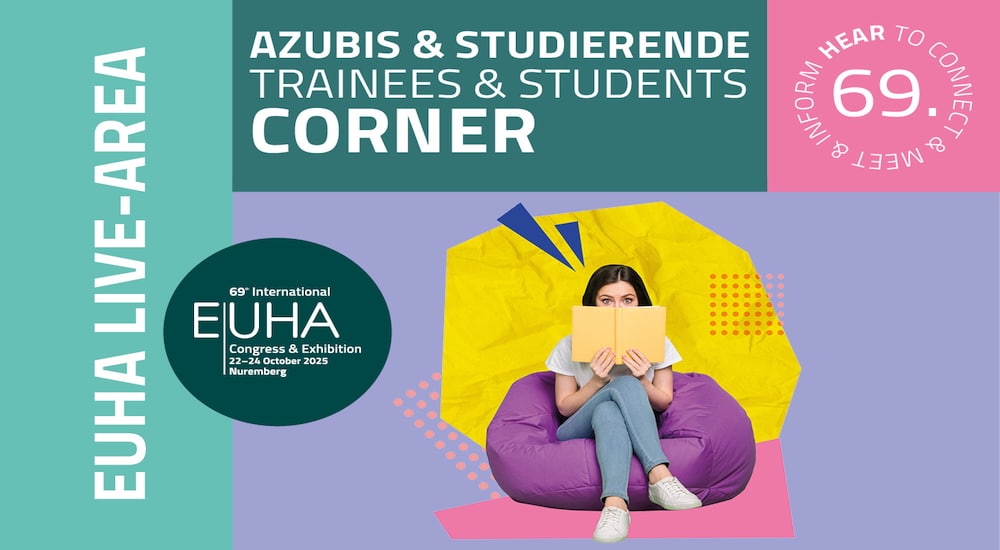Interview to Dr. Milan Profant: "A special atmosphere during an added-value congress"
ENT World Congress
"The World Congress of the International Federation of Oto-Rhino-Laryngological Societies (IFOS), held once every four years and this year in Paris, is characterized by its very special atmosphere.

This atmosphere is created by doctors from the vast global ENT-community gathering together. It is very special to meet colleagues from a hundred countries, all with their unique culture and working under hugely varying circumstances.
IFOS sees for itself an important task as partner intraining and education. This is refl ected by the highlevel scientifi c program, ensured by IFOS in closecollaboration with the French otorhinolaryngologysociety SFORL as part of the World Congress agenda.This program with lectures and round tables, coveringthe full range of ENT care, holds real added value for theattendees and intends to promote best practices.
Not only does IFOS acknowledge the importance of thistraining and education program, it also acts upon the widelyvarying conditions under which colleagues worldwide do theirjobs. State-of-the-art treatment is the ultimate goal, but ishard to attain when there is a shortage of instrumentation and a general shortage of means. Therefore, IFOS makes a point ofoffering special conditions to colleagues from less prosperousareas in the world in order to enable them to attend.”
Hearing implants and newborn screening
“Especially in the fi eld of audiology a lot of new technologyhas been developed. Hearing implants are introduced inmore variants, including full trans-cutaneous solutions forbone conducting implants, active middle-ear implants andimplants for direct cochlea stimulation for treatment ofadvanced otosclerosis. Lectures will be held to enlighten theattendants on the possibilities, but also on the limitations and thresholds regarding these newtechnologies, based on experienceswith patient groups over a longerperiod of time.
A hot topic in audiology is also the hearing screening fornewborns. National screening programs can be in place, butis there also a control of the effectiveness of the screeningsbuilt in? Moreover, training and information are necessaryfor countries where screening programs have yet tobe introduced.”
WHO resolution
“IFOS promotes these efforts and actively draws attentionfor hearing impairment. It is good news and a real successfor all those participating in the initiative that during therecent World Health Assembly of the WHO in May a newresolution on hearing impairment was accepted. IFOS hasbeen working hard on that. A resolution like this can have avery important signaling function to urge countries to act, forinstance in the part of the world where I live, Eastern Europe.When you as an ENT doctor ask for support of hearing careat the authorities, it is regarded and treated as a local need.But once there is a WHO resolution to back-up your request,it becomes a different matter altogether. A worldwide sharedview has so much more impact. It opens doors to really getthe message across to the decision makers in your country.I am therefore very grateful that we can announce thisachievement during our own world congress.”
Knowledge distribution
“IFOS as the federation of national ENT societiesacknowledges that the bulk of the actual training andeducation task is carried out by the various hard workingnational ENT societies. We have a great program runningduring this venue, but we also are aware of the fact that theseemingly massive attendance here in Paris reaches onlya tiny fraction of the 150,000 ENT doctors worldwide. Weare in Europe now and on this continent some 25,000 ENTdoctors are doing their best for patients on a day-to-daybasis. Of those, a couple of hundreds are present at ourworld congress. So when you meet your colleagues afterreturning: spread the word of what you have learned here.
The national ENT congresses alreadyreach a larger percentage of the doctorsand therefore play an important role inthe distribution of new knowledge, novel technologies andinnovation, training and education. We cannot emphasizethe importance of knowledge distribution enough. Therefore,IFOS started an education and training program aimed atENT specialists at work in developing regions in the world.Last April I attended a three-day Temporal Bone SurgicalDissection Course in Harare, Zimbabwe. Twenty-five ENTdoctors from nine countries in Sub-Sahara Africa attended.These basic operation skills for treatment of inflammationsis highly important for this region. The course was reallysuccessful and we are grateful that we as IFOS couldcontribute to that. The plan is to continue along these linesin other developing areas such as East Asia and CentralAmerica. Our field has established important achievementsand we must see to it that people who need treatment canmake use of these accomplishments.”
Exhibition
“A World Congress with general assembly always hassome fixed program items, regarding for instance thesuccession of the IFOS staffing and of course the choicefor the upcoming venue in 2021. We have a shortlist of fiveexcellent candidate cities from all over the world: BuenosAires, Dubai, Marrakesh, Vancouver and Yokohama.One of these candidates will have the hard task to followin the tracks of the French organization, which for instancedid an outstanding job in introducing new technology, sothat all information about the congress can be attainedon the smartphone. I am sure that the gala dinner for1,500 people under the pyramid in the Louvre gallery will beunforgettable experience.
We are also very pleased with the 85 companies – amongthem many representatives from the audiology field –who have confirmed their presence on the exhibitionaccompanying the congress. Their presentations, offeringthe opportunity to become familiar with new technologies, isan integral part of the educational aspects during this worldcongress. A visit is warmly recommended.”


